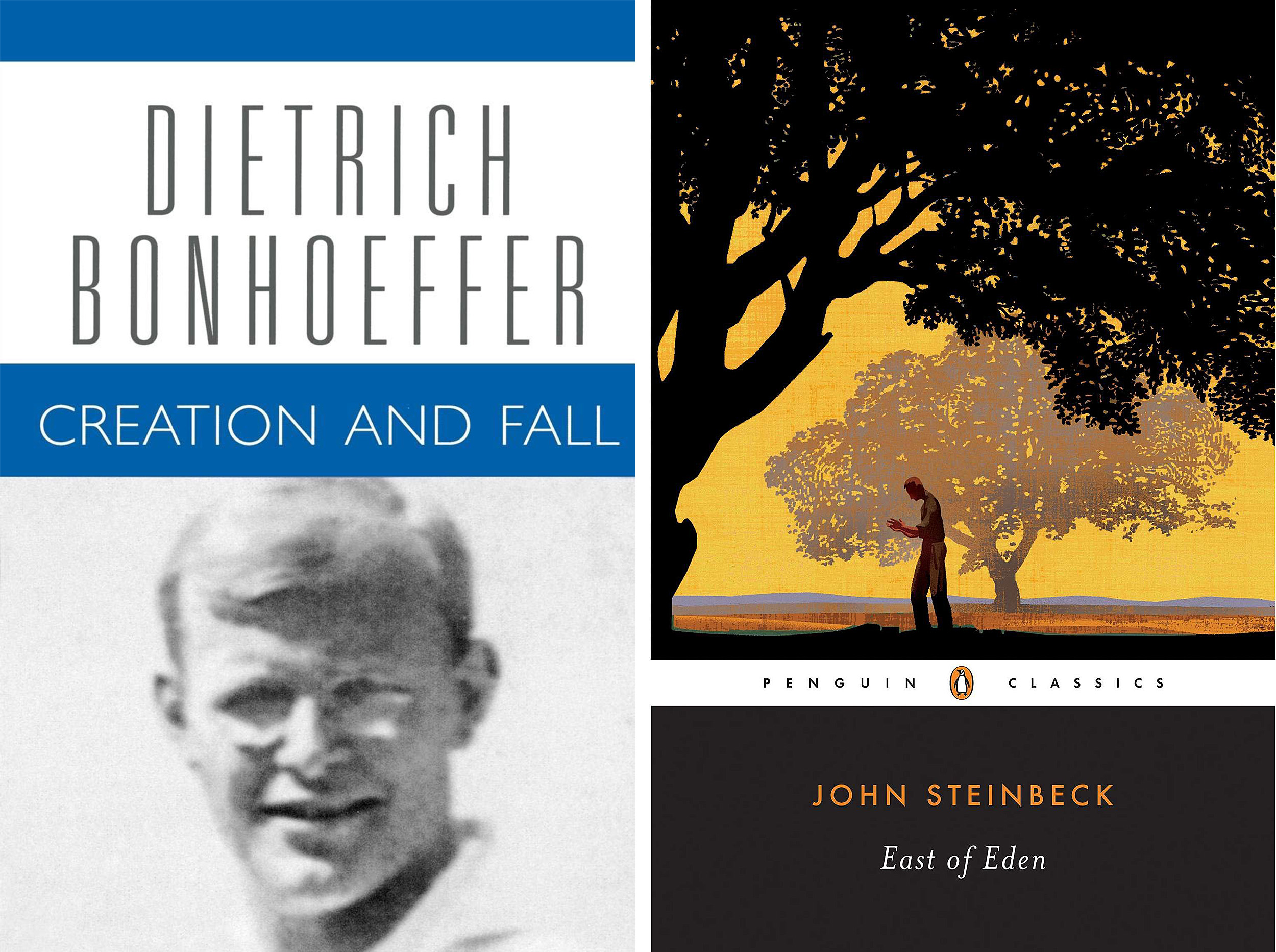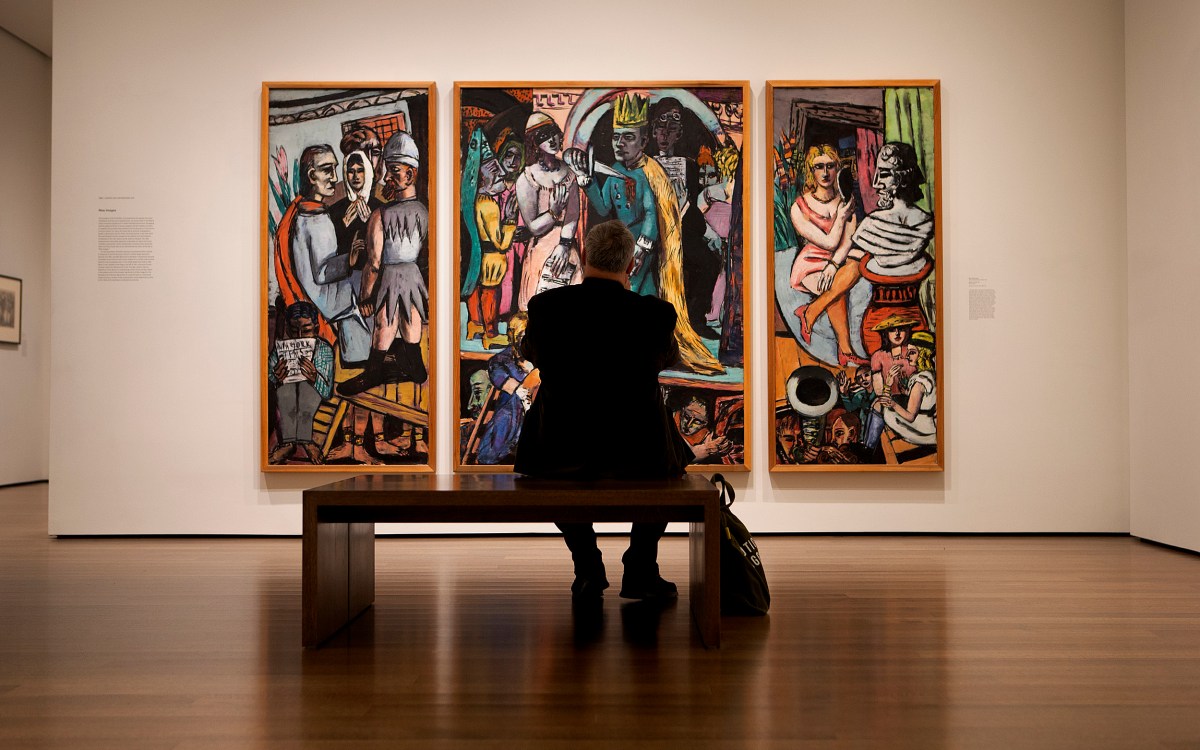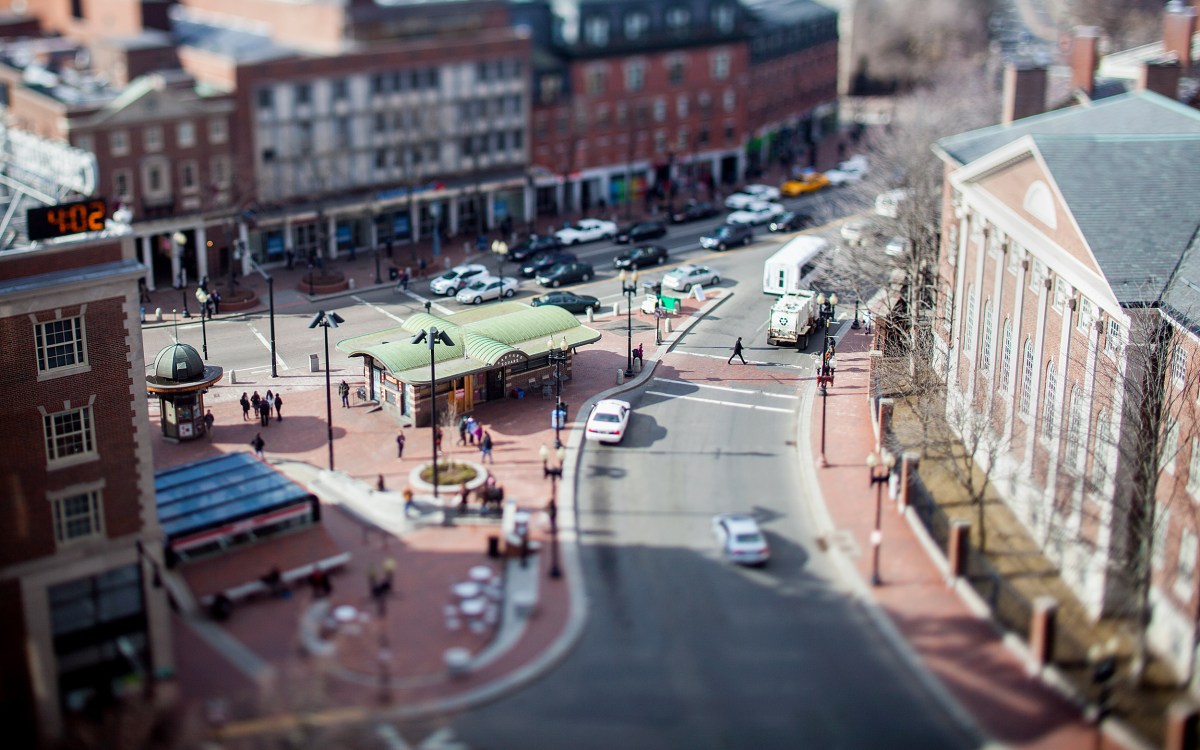Need a book for your beach bag?
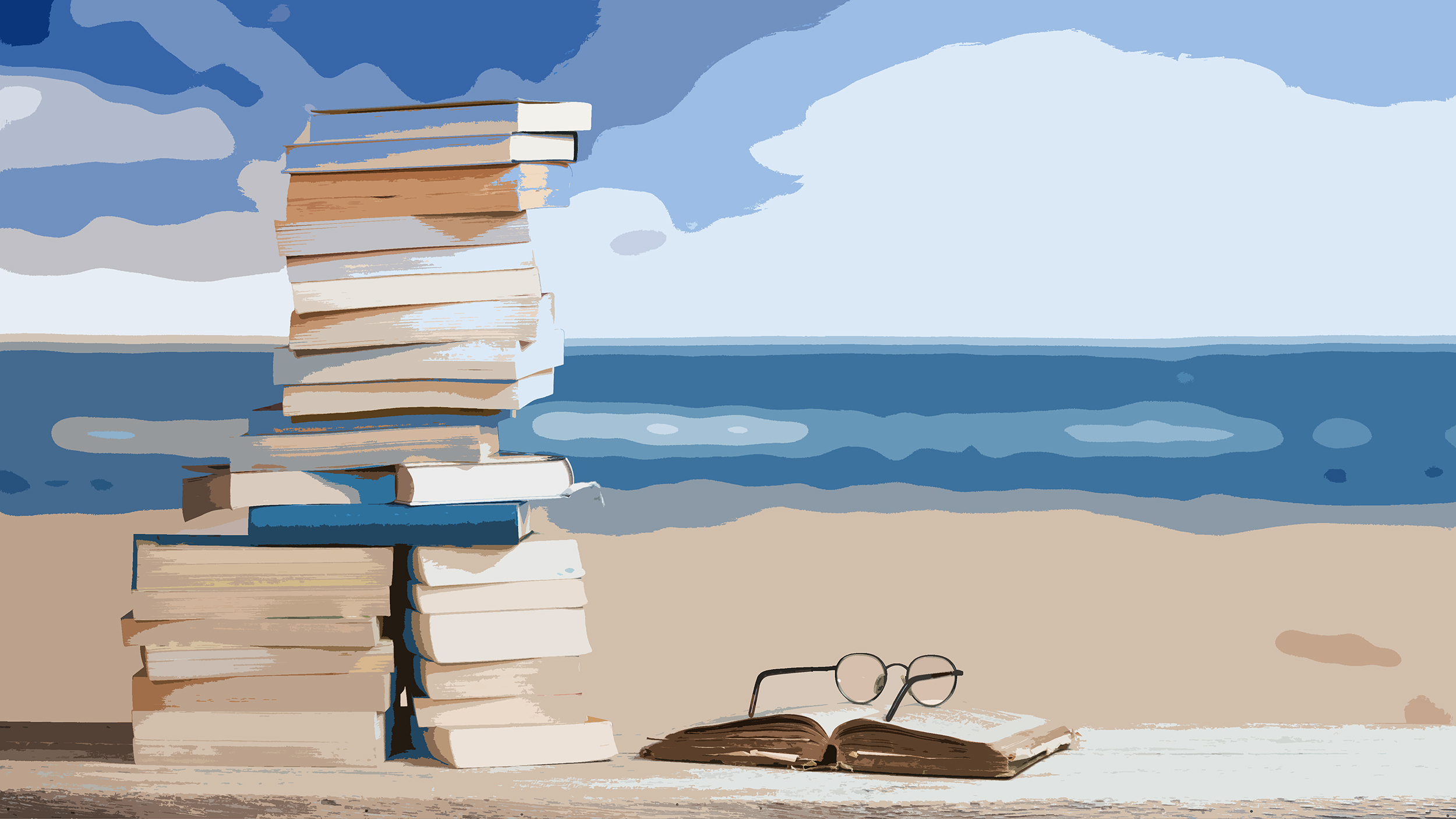
iStock
Summer reading picks from faculty and staff
Finally. Time to kick back on the beach, the park, or in a comfy chair with the window open and read whatever you want. Looking for fresh ideas? Here’s what some Harvard faculty, staff, and community members have on their lists.
Martha Tedeschi
Elizabeth and John Moors Cabot Director, Harvard Art Museums
Currently reading: Prompted by a recent trip to Florence, I’ve just finished re-reading “Dark Water: Art, Disaster and Redemption in Florence” by Robert Clark.
It tells the compelling back story of the cataclysmic flood of the Arno River in 1966, a shocking event which damaged and destroyed many important Florentine buildings and works of art and which elicited an outpouring of help from around the world. This book takes you into the heart of this magical city and its centuries-old relationship with a beautiful, troubled river.
Next up: “Where the Crawdads Sing” by Delia Owens, a novel set in the marshes of the North Carolina coast.
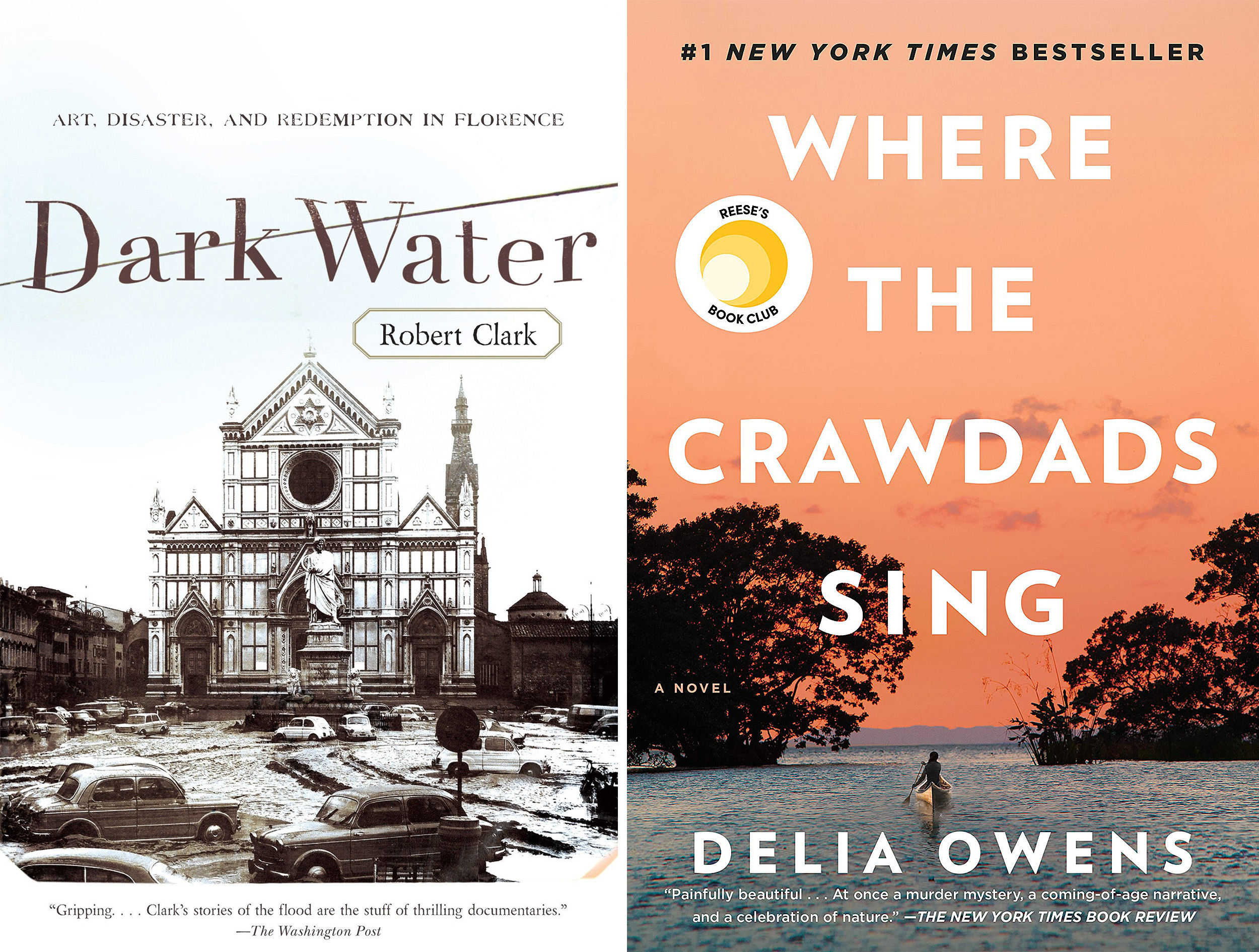
Tanisha C. Ford
2018–19 Lisa Goldberg Fellow at Radcliffe
Currently reading: Zora Neal Hurston’s “Barracoon.”
I enjoy reading books that tell lesser-known histories, and Hurston is a master storyteller.
Next up: Jesmyn Ward’s “Sing, Unburied, Sing.” I want to carve out some uninterrupted time to read it and sit with the weight and the beauty of Ward’s writing. I’m vowing to take it with me on vacation this summer.
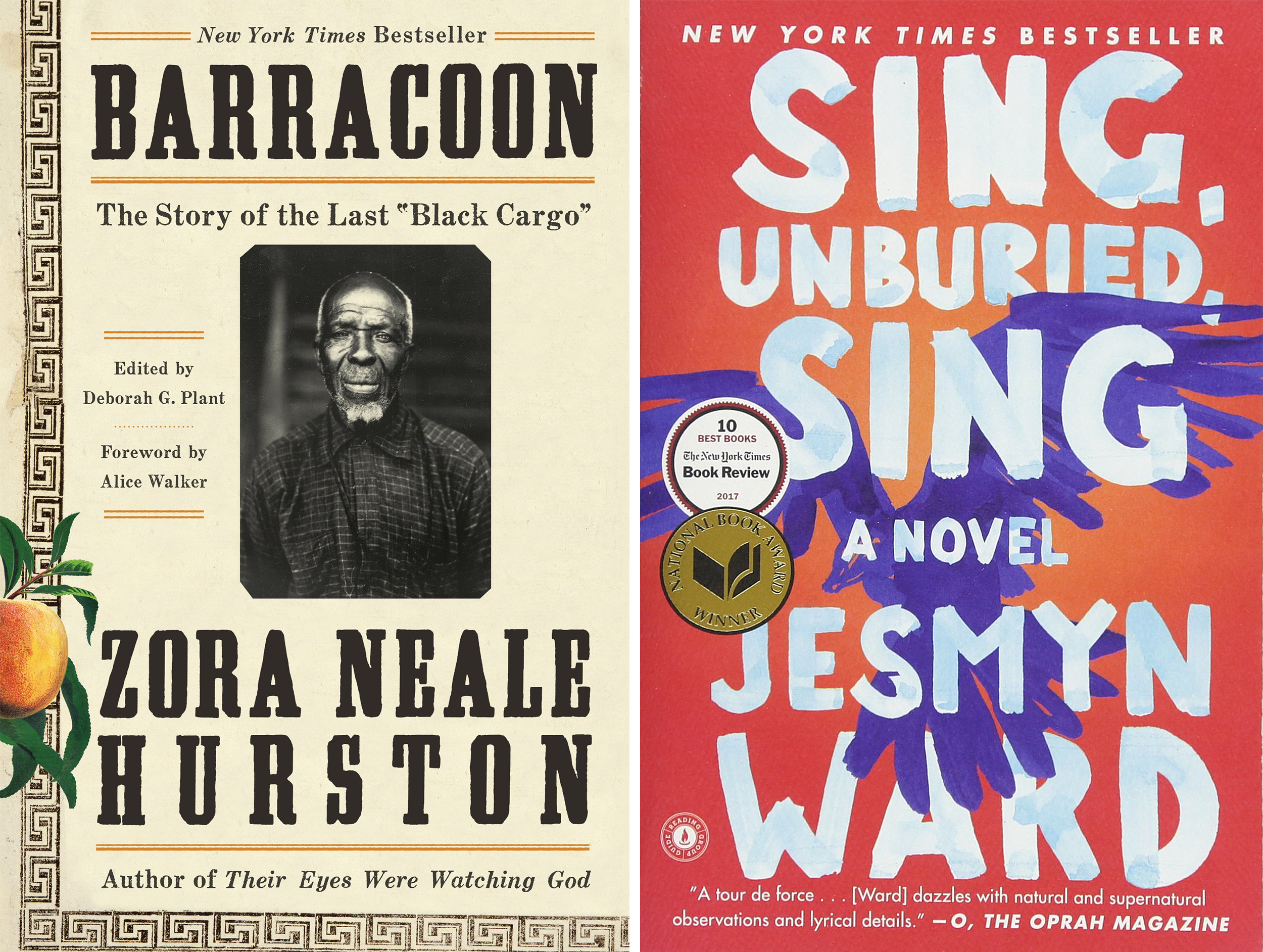
Leah Burrows
Science and technology communications officer, Harvard John A. Paulson School of Engineering And Applied Sciences
Currently reading: “Kalpa Imperial: The Greatest Empire That Never Was,” by Angélica Gorodischer, translated from the Spanish by Ursula K. Le Guin.
I found it because I recently traveled to Argentina and I wanted to read something by a female Argentine author. I’m a big fan of speculative fiction (I founded a science fiction/fantasy feminist book club) so this book fits perfectly into my wheelhouse.
Next up: “Romantic Outlaws” by Charlotte Gordon (a Harvard alum), a joint biography of feminist pioneer Mary Wollstonecraft and science fiction pioneer Mary Shelley. Are you sensing a theme?
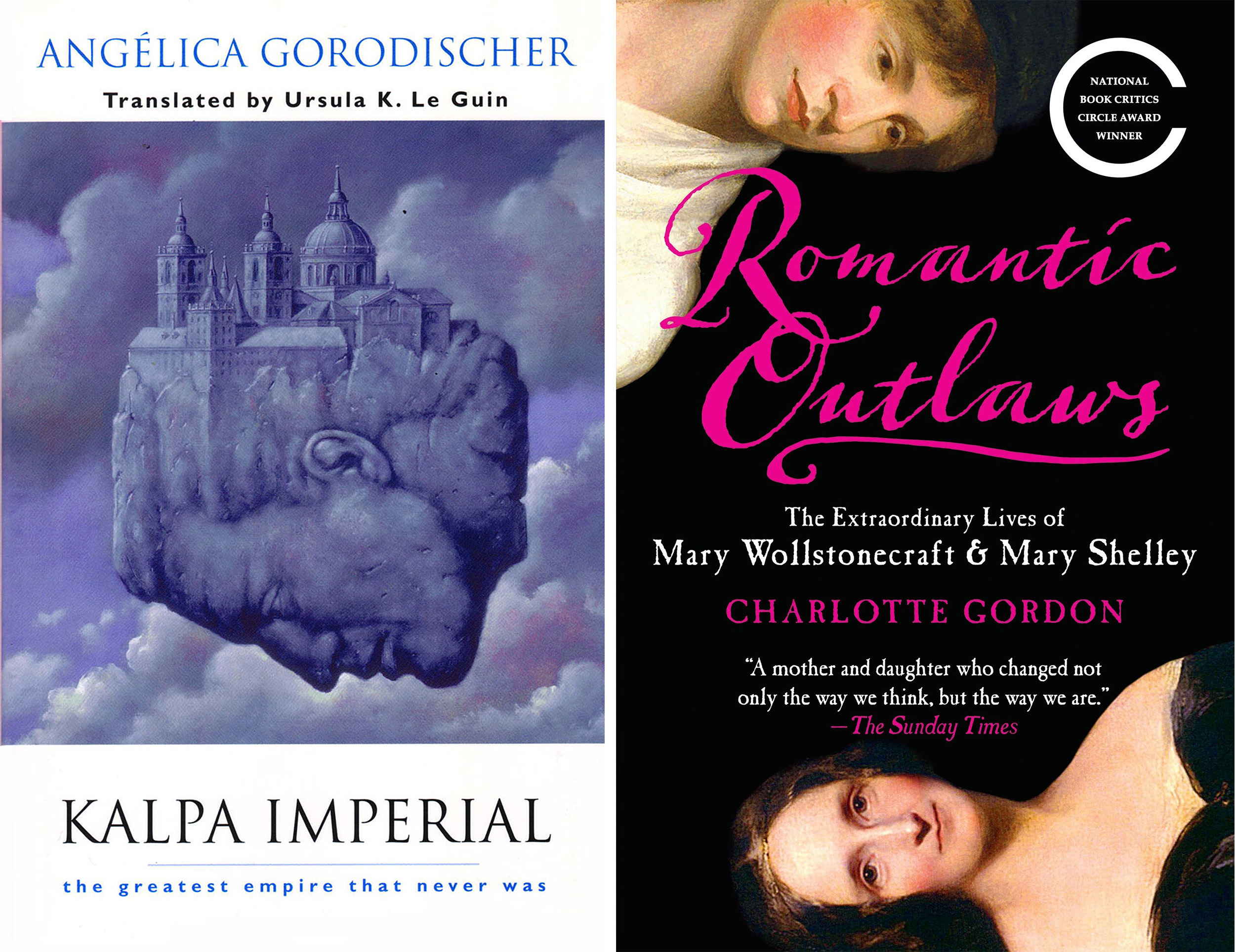
Nima Samimi
Gardener, Arnold Arboretum
Currently reading: I’ve decided to make my way through the conventionally recognized classics (conventional from a U.S. vantage point anyway) and have started with “Moby-Dick.”
I have an annotated copy and let me tell you, the footnotes are a total delight. Reminds me of how much I loved the footnotes in “The Brief Wondrous Life of Oscar Wao,” though in this case Melville did not write them himself. So far, my feeling is that it is staggeringly beautiful, and captivating in its sense of adventure.
Next up: Nelson Mandela’s autobiography, “Long Walk to Freedom,” which I have meant to read for about 10 years.
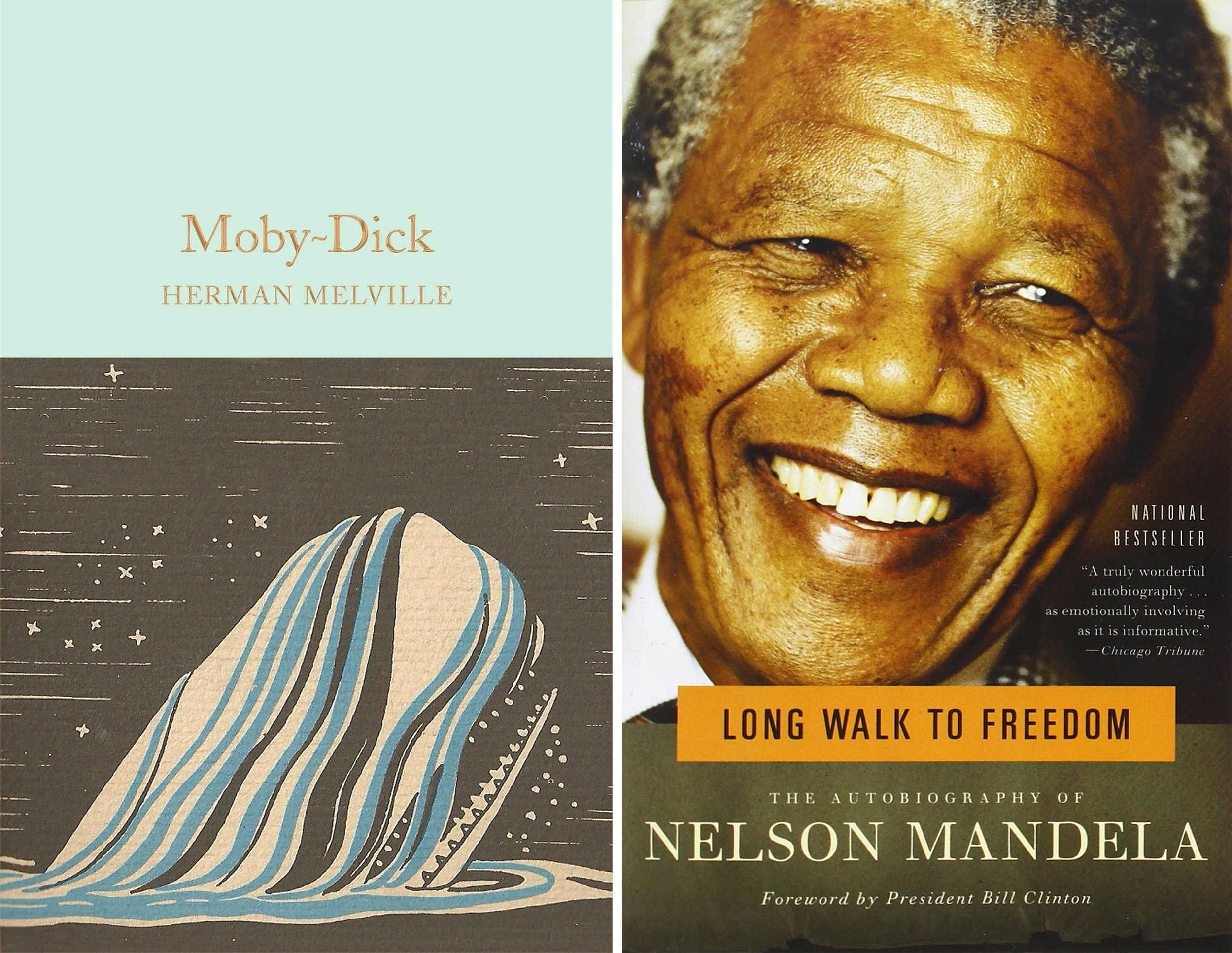
Ruth Lingford
Senior lecturer on art, film, and visual studies; director of undergraduate studies
Currently reading: “Roadside Picnic” by Arkady and Boris Strugatsky.
My son recommended it, and I am really enjoying it, though I rarely read sci-fi. Tarkovsky’s film “Stalker” was based on it.
Next up: “Angel House,” the new book by David Leo Rice. He graduated in 2010 with a special concentration in esoteric studies, but he spent a lot of time in animation classes. The book will be dense, strange, and wonderful, if his previous work is anything to go by.
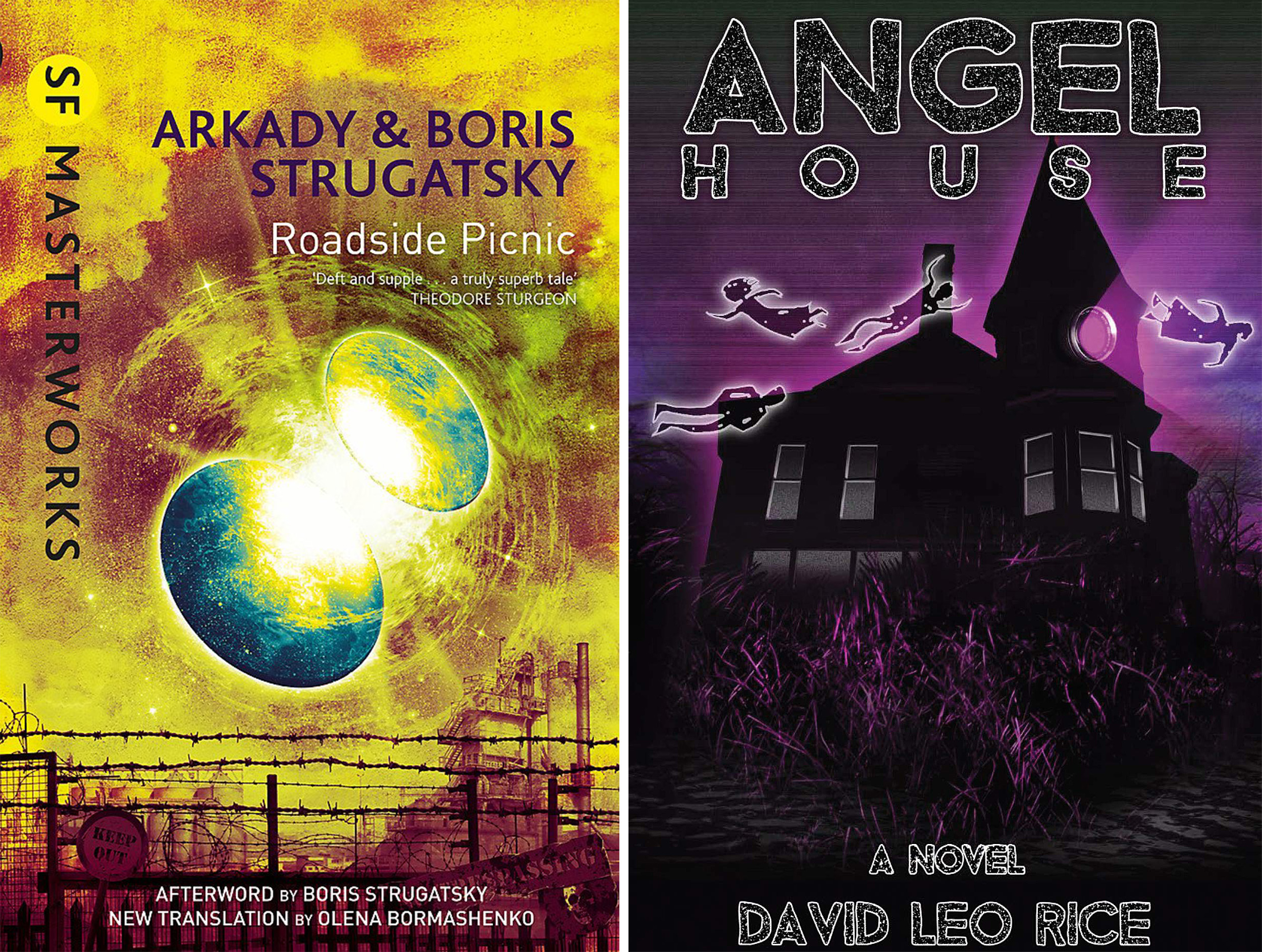
Narayan Khandekar
Director of the Straus Center for Conservation and Technical Studies; senior conservation scientist; curator of the Forbes Pigment Collection and the Gettens Collection of Binding Media and Varnishes, Harvard Art Museums
Currently reading: “Wordy” by Simon Schama.
It is a collection of essays covering everything from Bill Clinton to bison in Wiltshire. Simon visited the Harvard Art Museums last year in preparation for one of the essays in the book, “The Palace of Colour.” Each essay is written as a performance, which makes them a pleasure to read.
Next up: “Monkey Grip” by Helen Garner. I have been meaning to read it since I saw advertisements for the film adaptation in my freshman year, 1982. It’s a novel set in inner Melbourne in the late 1970s, a place near and dear to my heart. I plan to finally read the book and watch the film this summer.
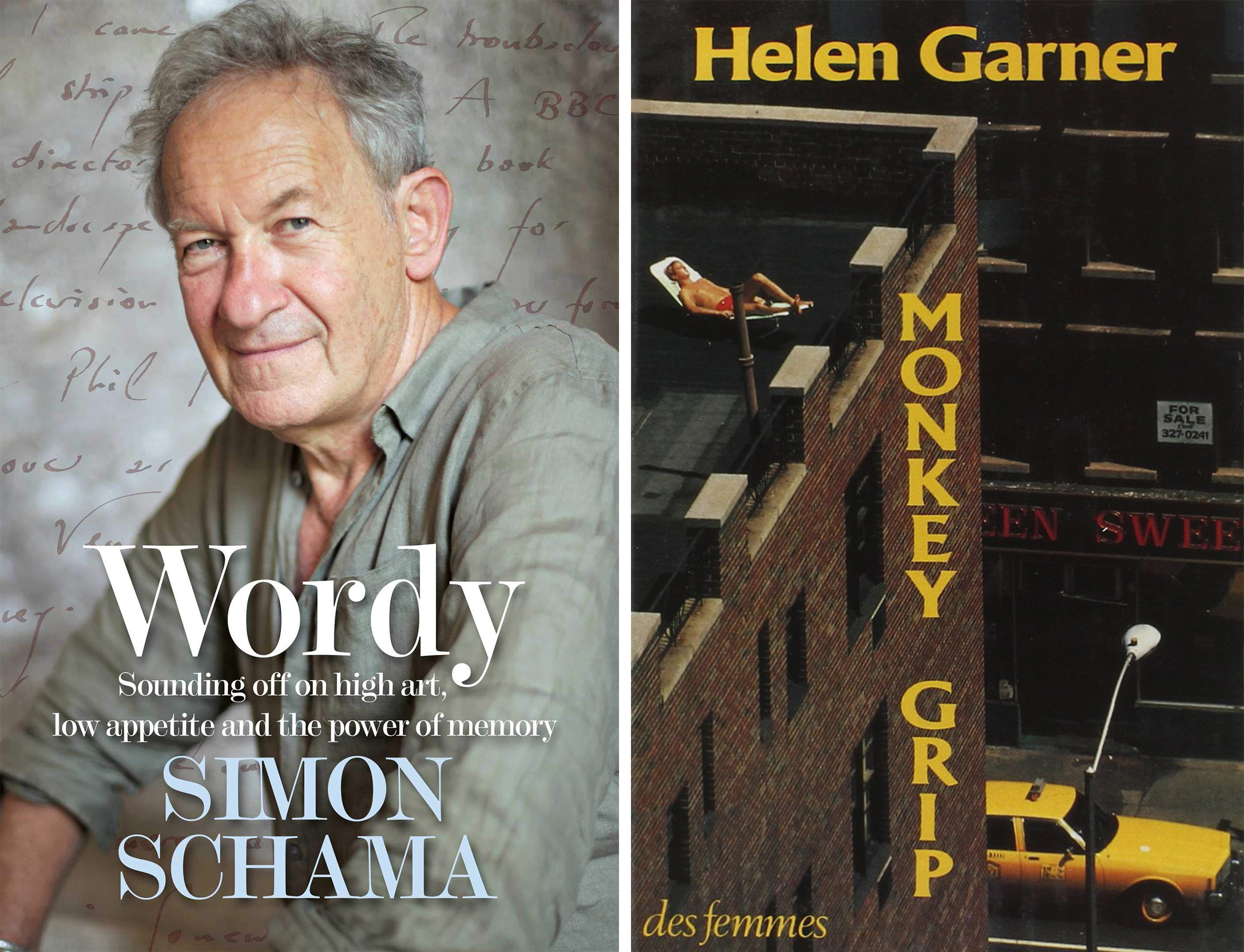
Ted Gilman
Executive director, Weatherhead Center for International Affairs
Currently reading: I always treat myself to science fiction in the summer. I’m currently reading “Dark Run” by Mike Brooks.
It’s a fun tale of interplanetary smugglers who operate for profit between Earth colonies. The characters are hilarious, including Captain Ichabod Drift and the huge Maori named Apirana (from Old Earth). They unknowingly deliver a shipment that includes a nuclear bomb to Amsterdam, and they must figure out who put them up to the task before the authorities catch them.
Next up: “Amsterdam: A History of the World’s Most Liberal City” by Russell Shorto in preparation for a family vacation there in August. Amsterdam pervades my fiction and nonfiction this summer!
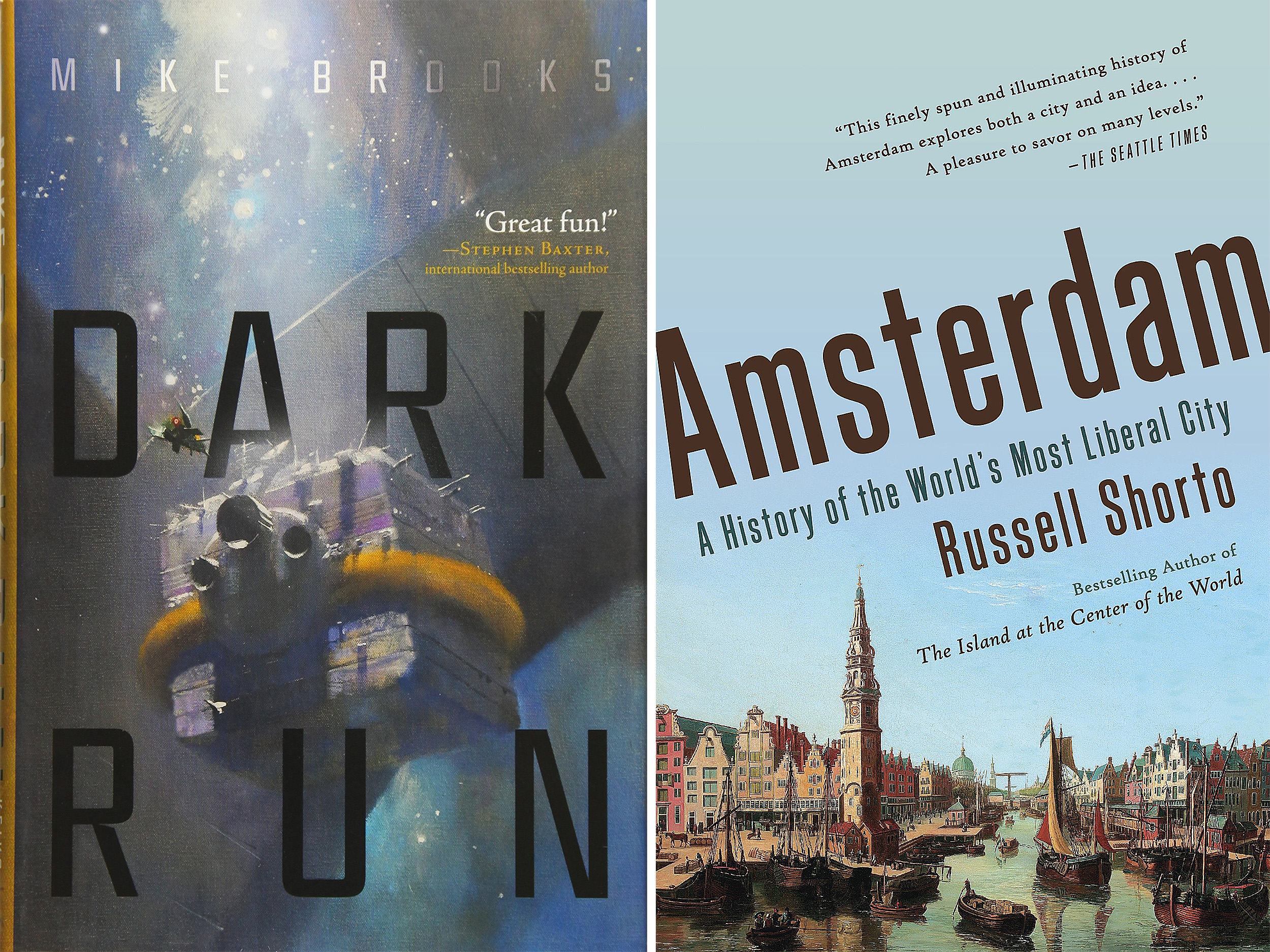
Hopi Hoekstra
Alexander Agassiz Professor of Zoology; curator of mammals in the Museum of Comparative Zoology; professor of molecular and cellular biology; professor of organismic and evolutionary biology, FAS
Currently reading: “Sapiens” by Yuval Noah Harari.
It puts forth an ambitious story of human history (with which I don’t fully agree); nonetheless, it provides some exciting material for the introductory genetics course I teach.
Next up: “Man of the Hour,” a portrait of scientist (and former Harvard President) James Conant written by his granddaughter [Jennet Conant]. It was a gift from a dear friend and Harvard alum, who recommended it highly.
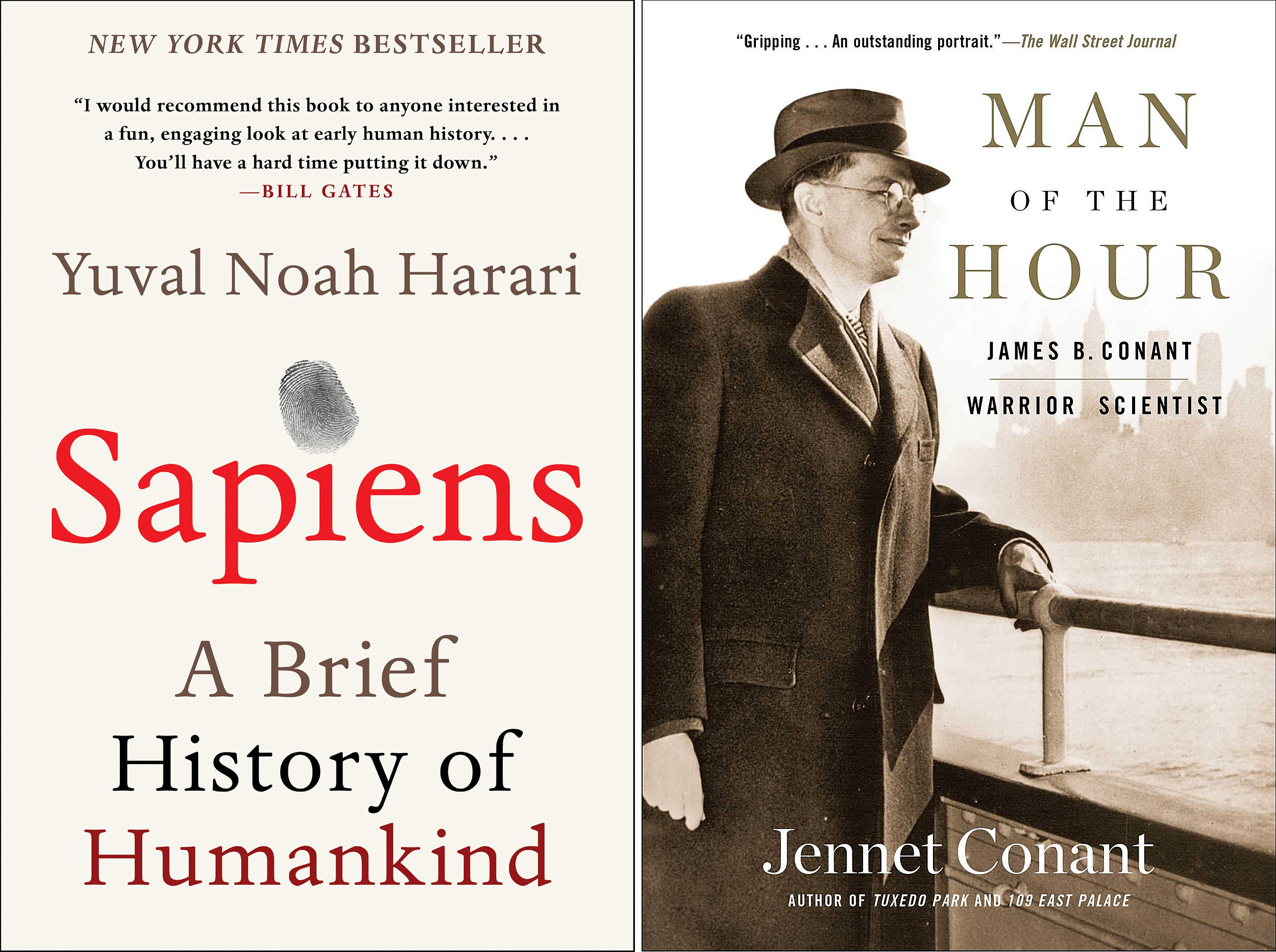
Emma Dench
Dean of the Graduate School of Arts and Sciences; McLean Professor of Ancient and Modern History and of the Classics
Currently reading: In preparation for co-teaching a new graduate seminar on Macedonia next spring, I’m reading Mark Mazower’s gripping and sobering biography of the city of Thessaloniki in northern Greece [“Salonica, City of Ghosts: Christians, Muslims and Jews, 1430‒1950”].
While Mazower’s story begins with the Ottoman conquest and ends in the immediate aftermath of World War II, we will be focusing on the Greek and Roman periods of the region, but you inevitably see antiquity through more recent historical layers, and I believe you should do this deliberately in order to ask better questions of the remote past.
Next up: Margaret Atwood’s “Bodily Harm.” I’ve been reading Atwood since the summer of 1987, when I was just about to leave England for a year to teach at Hobart and William Smith Colleges, and I wanted to read some recent North American literature. I’ve read many, but not all, of her novels and nonfiction works, and her gaze and insight into human relationships is as incisive as it gets, sometimes terrifyingly so.
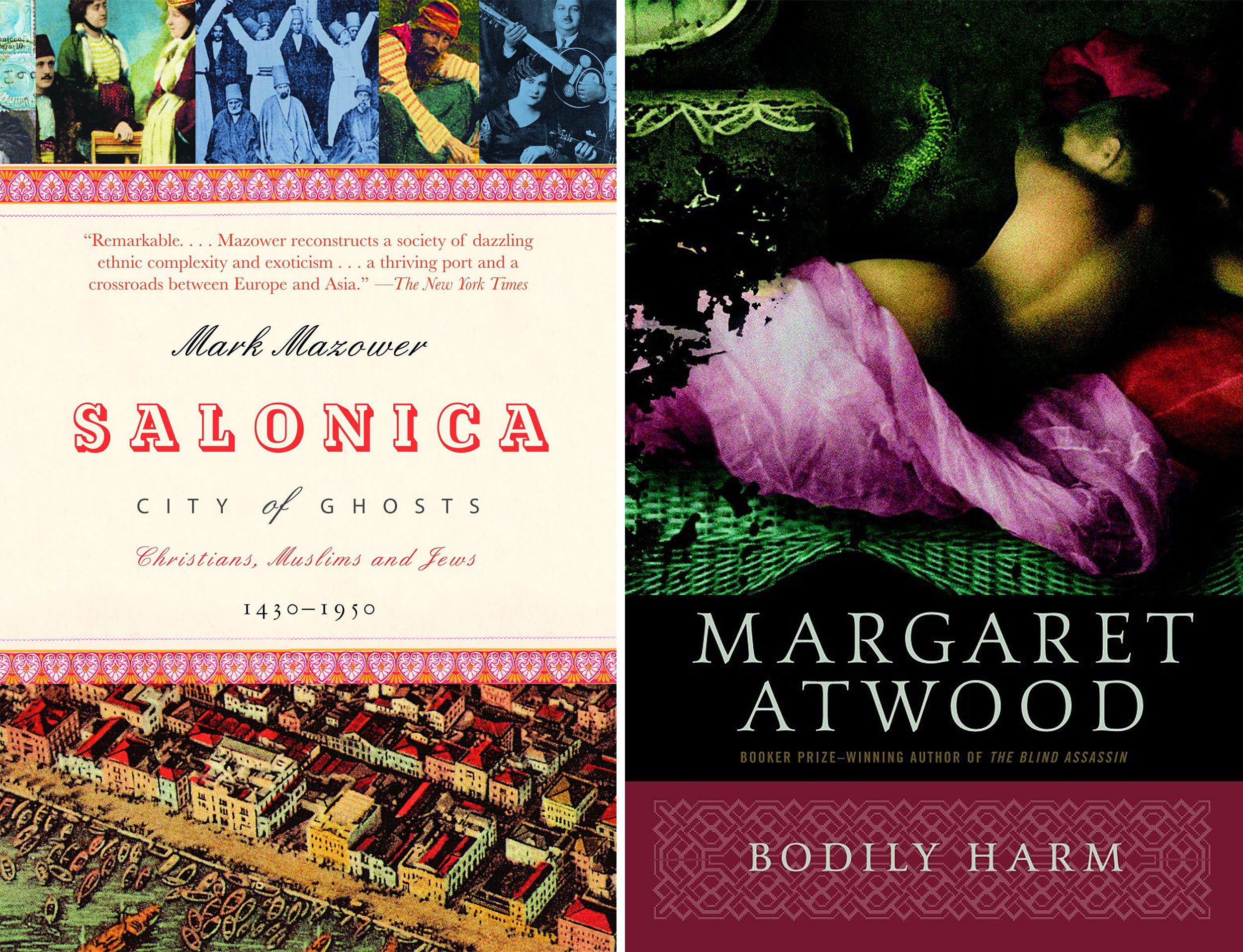
Janet Daniels
Program coordinator, office of student services, GSAS
Currently reading: “City of Girls: A Novel” by Elizabeth Gilbert that came out earlier this month.
I picked it up because it’s set in New York City 1940s and because I loved her most recent other historical fiction book, “The Signature of All Things: A Novel,” which was set in the 18th and 19th century Philadelphia.
Next up: Fredrik Backman’s “A Man Called Ove: A Novel.” It’s a realistic novel set in modern-day Sweden and is translated from Swedish. The style of [the] book is a little out of my wheelhouse, as I usually read middle grade, young adult, adult fantasy, historical fiction, or nonfiction.
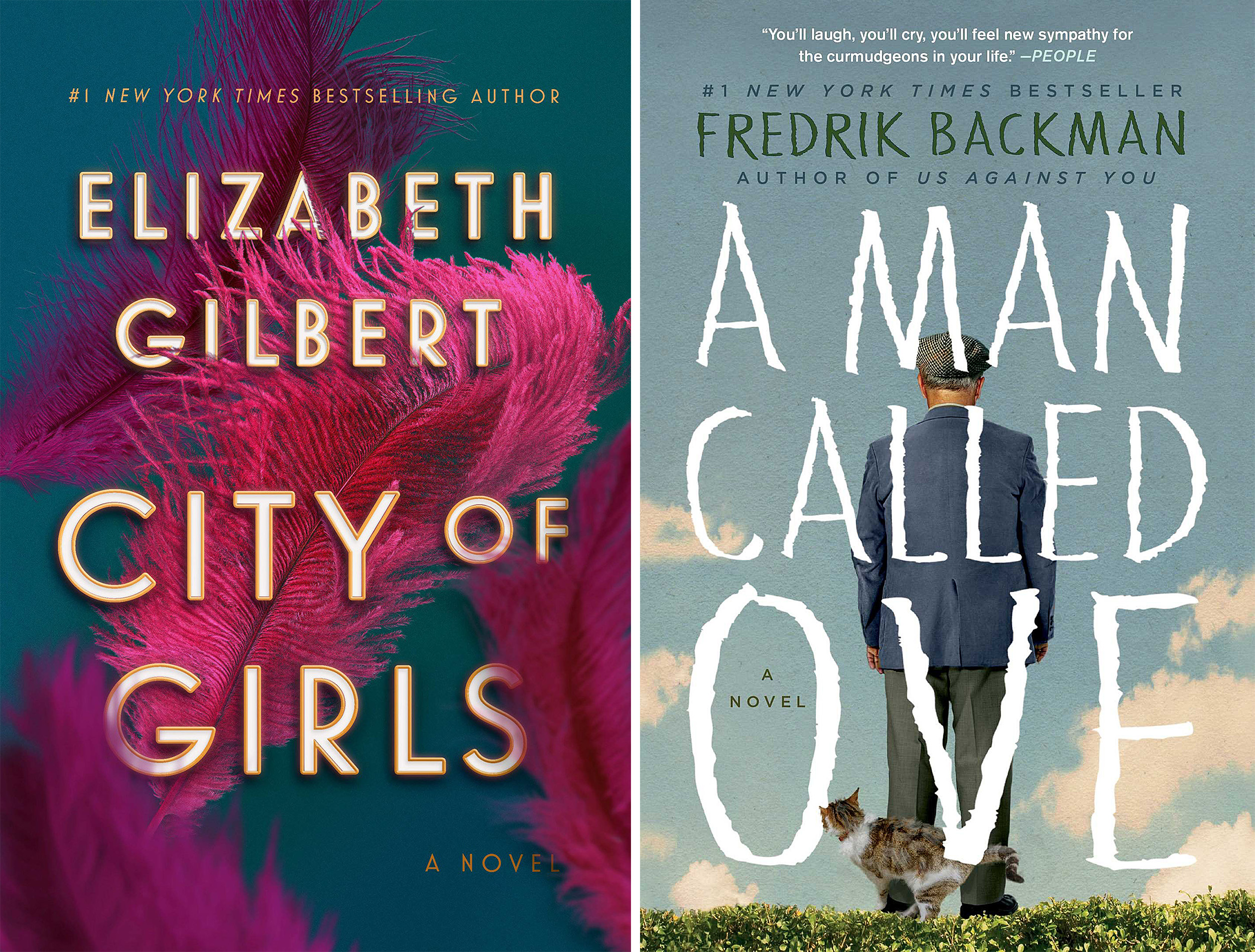
Jonathan Paulo
Online learning and reference librarian
Currently reading: “Tell the Wolves I’m Home” by Carol Rifka Brunt, a coming-of-age story about a 14-year-old girl who is mourning the death of her uncle.
I went to Camden, Maine, where I bought this book in a bookstore because the staff member who listed this as her staff pick wrote a significantly glowing review of the book. I thought it would be fitting to pass it along as my staff pick too, because it is indeed worthy of the glowing review.
Next up: “Where the Crawdads Sing” by Delia Owens. I am slightly worried the book is too overhyped for me to fully enjoy it, but most often, books loved as much as this one end up living up to the hype.
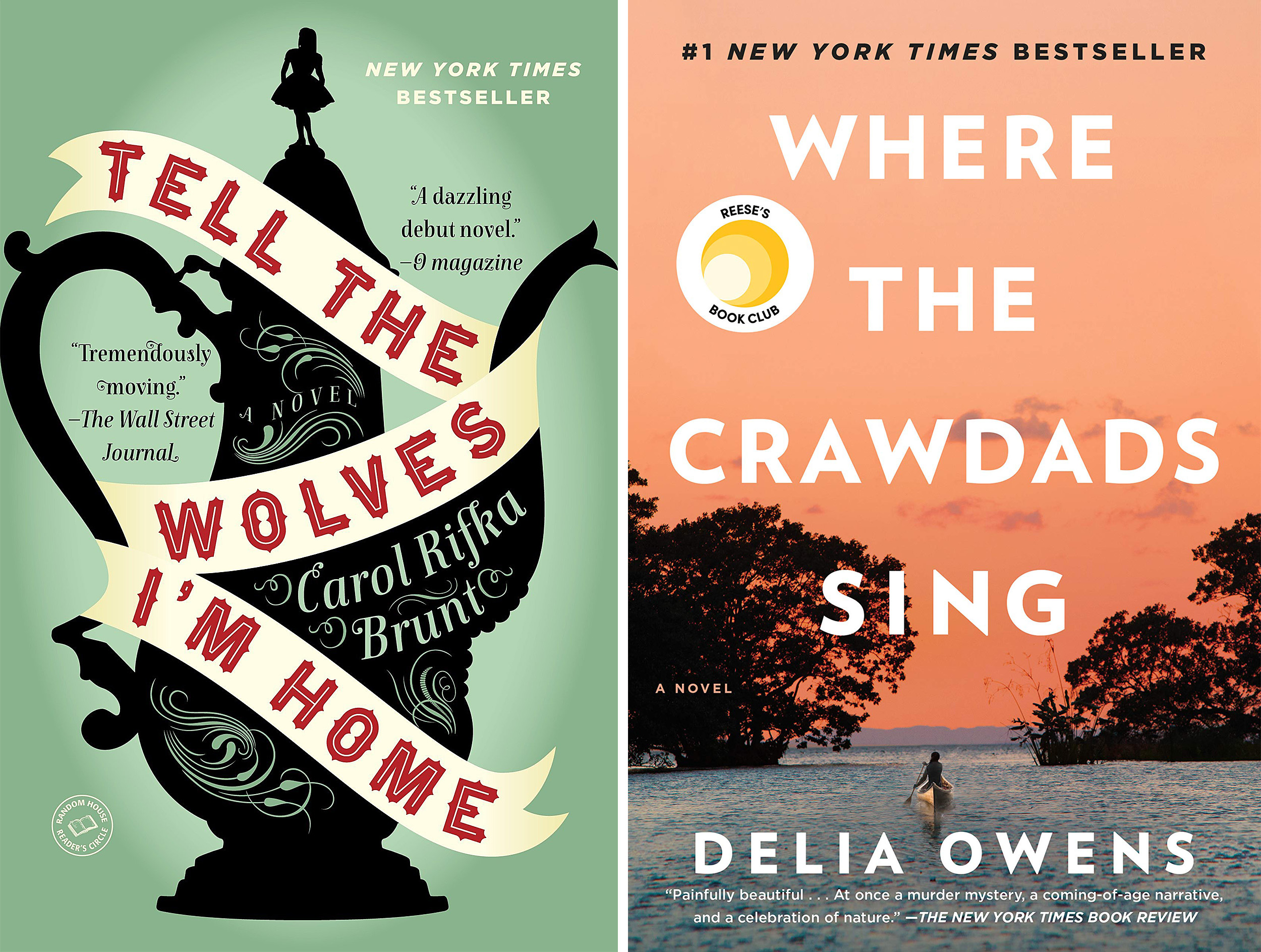
Adele Fleet Bacow
President, Community Partners Consultants
Currently reading: Skip Gates’ memoir “Colored People” about growing up in the small town of Piedmont, W.V.
Having grown up in the South myself, it was an enlightening insight into a world quite different from my own experience. I also just finished “Overstory” by Richard Powers, an unusual collection of lengthy and quite diverse short stories with an overarching theme of trees and the environment, if you can imagine. I think I enjoyed it more having read it a second time since I could understand how the disconnected characters and continent actually influenced each other over time. Just begun is Kate Atkinson’s novel “Transcription,” suggested by my beloved book club of more than 30 years, about a young woman working during World War II as a transcriber of conversations between an MI5 agent and potential German sympathizers.
Next up: Doris Kearns Goodwin’s book “Leadership: In Turbulent Times,” which highlights lessons from the four presidents she has written about extensively: Abraham Lincoln, Teddy Roosevelt, Franklin D. Roosevelt, and Lyndon Johnson. This topic seems especially relevant in our complex times of today. Another book highly recommended by Philip Lovejoy is “4321” by Paul Auster with an unusual premise of four parallel life possibilities of one main character. I haven’t yet gotten it but it is on my list.
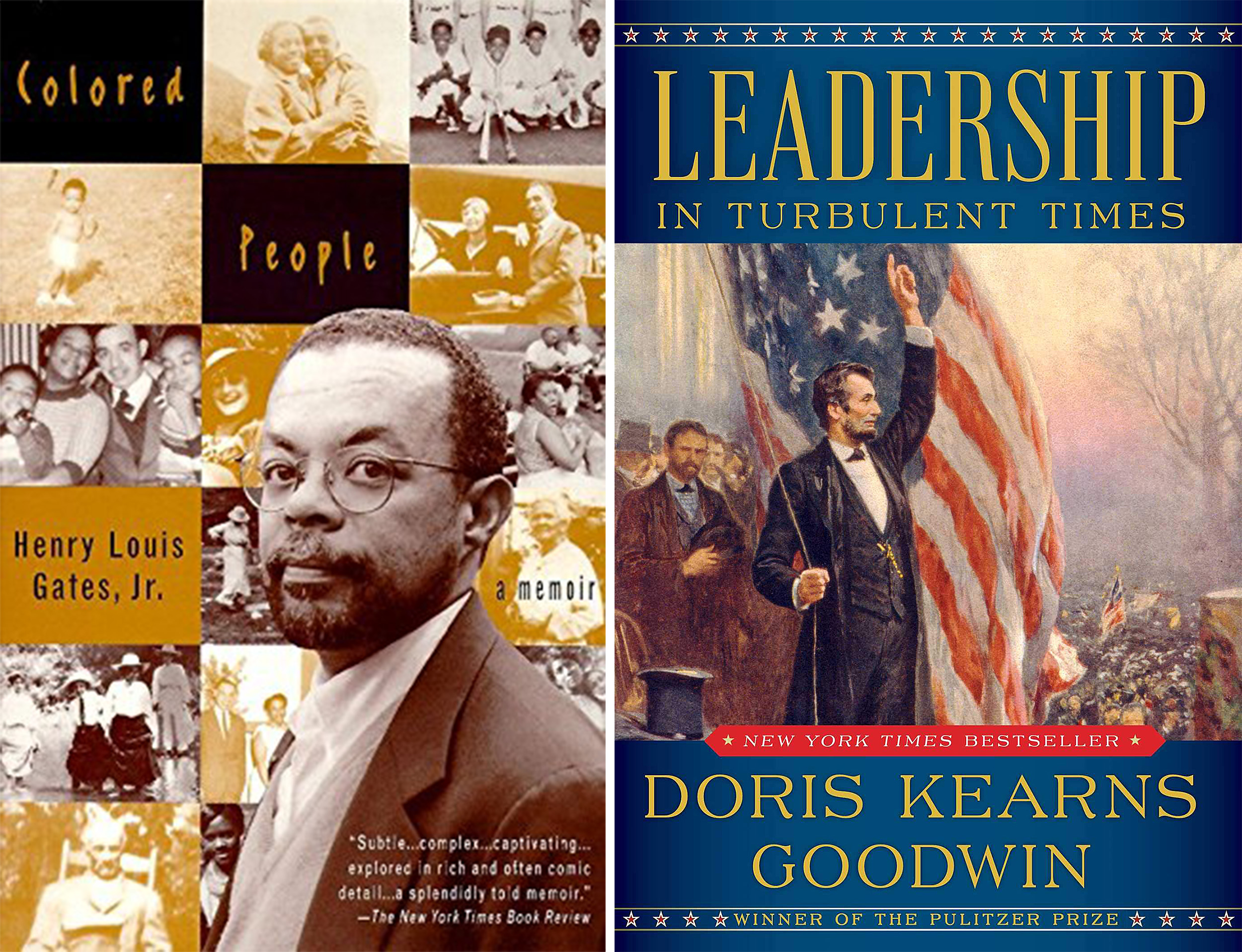
Rebecca Nesson
Associate dean of teaching and learning, Harvard Extension School
Currently reading: “Kindred” by Octavia Butler and “Shelter” by Susan Palwick.
Both are novels that use the imaginativeness and devices of science fiction but are set in realities that make them great reads for people who prefer realistic fiction. “Kindred” is the story of a black American woman in the 1980s who is transported in time to the plantation owned by a male ancestor. “Shelter” is set in a near future in which artificial intelligence has progressed and it is possible to record memories and have a person’s consciousness persist after death. It is an exploration of what makes humans and/or machines persons worthy of love and rights.
Next up: “Quantum Computing Since Democritus” by MIT Professor Scott Aaronson.
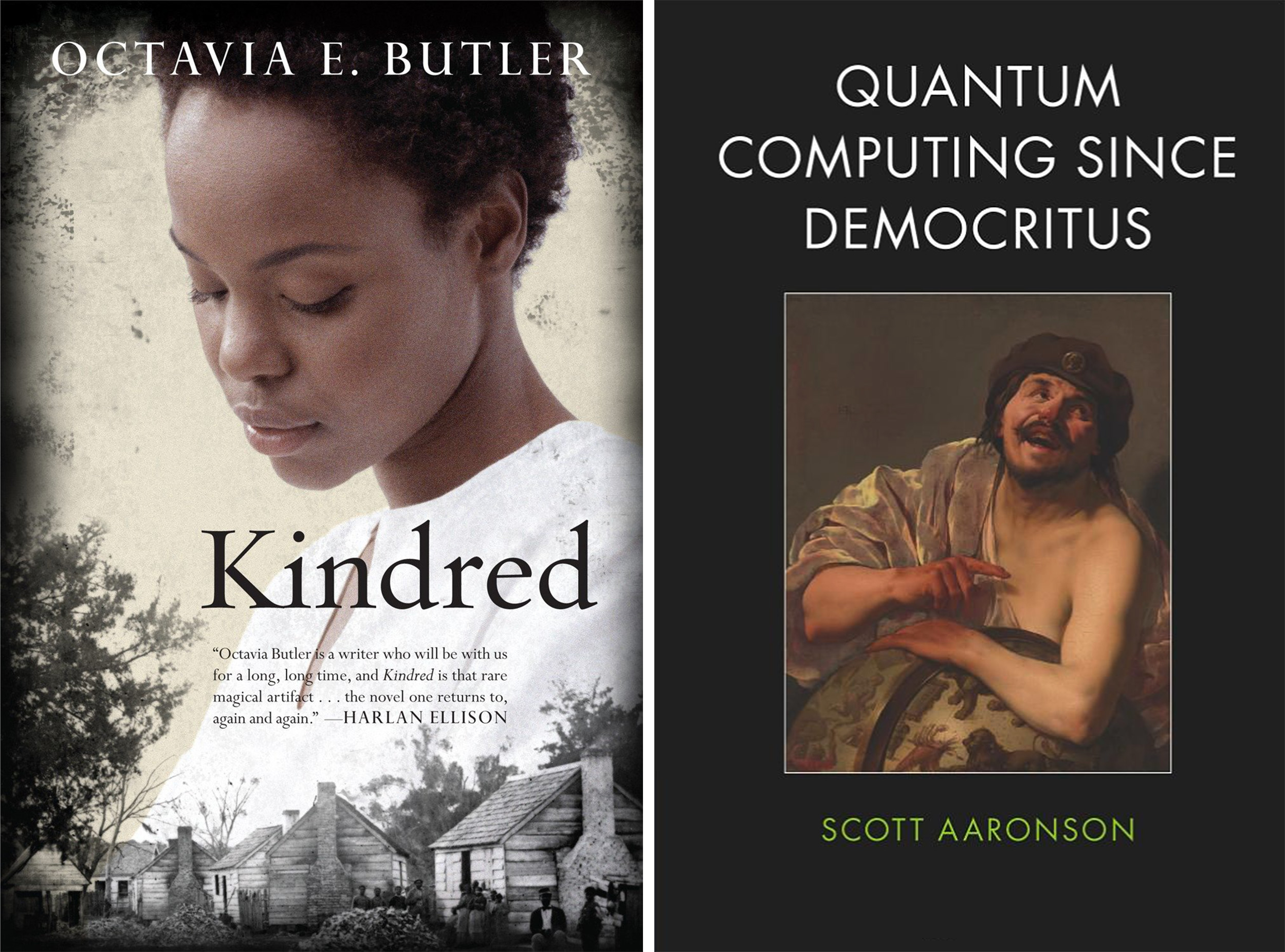
Dudley Rose
Associate dean for ministry studies and lecturer on ministry, Harvard Divinity School
Currently reading: Without trying to sound too pious, even before I was called to ministry, I was drawn to reading the Bible. And, of course, after I became a preaching minister, I read it a lot. In the last few years I have found myself especially captivated by Genesis. I keep going back to it over and again. I nearly killed my congregation a few years back when I decided to preach straight through the book. Some of them still speak of it. But I am unrepentant.
I’ve recently finished up my Dietrich Bonhoeffer seminar, in which we read “Creation and Fall,” Bonhoeffer’s theological explication of the first three chapters of Genesis. Its insight into the human condition always bowls me over.
Next up: Genesis again — alongside some other related texts. At this stage in my life I find myself pulled to books from my younger days. I want to reread John Steinbeck’s classic novel “East of Eden,” a retelling of the story of Cain and Abel set in the 20th century. I’ve also agreed to a reading and research course next year with a student interested in the Tower of Babel, so I plan to spend some time reading more about that. If I manage to get beyond Genesis 11, I’m not sure what’s next this summer. My night table is piled with books, among them Jill Lepore’s history of the United States, “Just Mercy: A Story of Justice and Redemption” by Bryan Stevenson, and a few books on photography.
